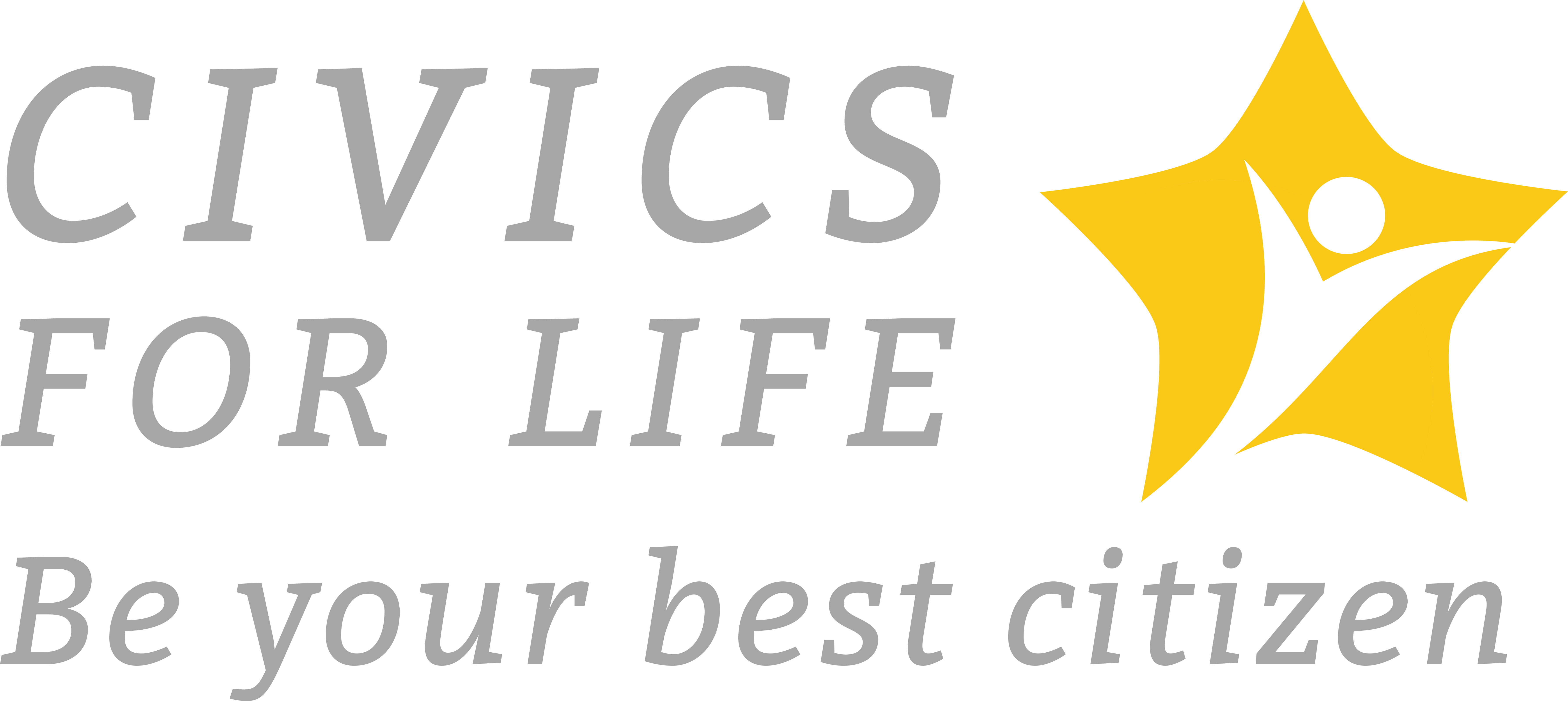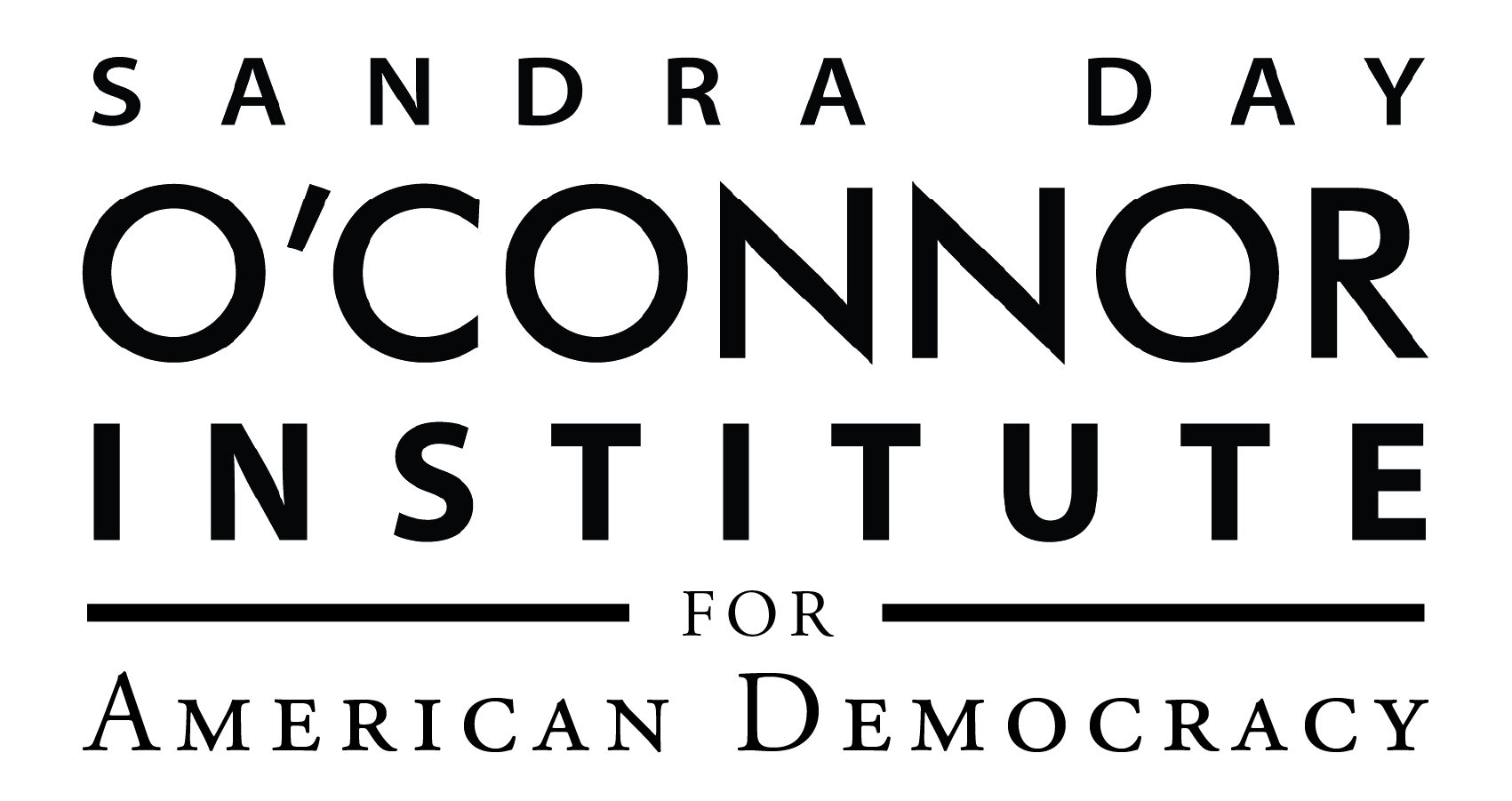Homepage Resource
Citizens Guide to Presidential Primaries
Our new, free, online resource answers questions about and helps Americans navigate the presidential primaries.
Read MoreCivics 101: Micro-Lessons for Multigenerational Learners
Boost your democracy IQ! Whether you never had civics in school or simply want to brush up, Civics 101 is here for you! While we are all encouraged by the increased call for K-12 civics education across the nation, we also do not want to neglect those adults, now out of school, who themselves want…
Read MoreHow Democracy Survives, with Author Josiah Ober, Ph.D.
The story often told is that rural America is in decline, and that rural Americans are resentful of their suburban and urban counterparts. But Elizabeth Currid-Halkett argues in her new book The Overlooked Americans: The Resilience of Our Rural Towns and What It Means For Our Country that rural Americans
Read MoreCivics for Life Quarterly, Issue 3
Our democracy and society depend on civic education—a vital tool that gives Americans the knowledge, skills, and values necessary for being well-informed citizens and actively taking part in our democratic system. While there have been significant efforts to improve civic knowledge among K–12 students and educators, it’s important not to forget about adults who missed…
Read MoreO’Connor Institute Ambassadors Civics & Debate Club
Calling all high-school-age leaders! The JOHN JAY FETZER MEMORIAL SCHOLARSHIP is now open! Want to impress colleges, sharpen your leadership talents, connect with other driven students from around the country, enhance your civics knowledge and civil discourse skills, and debate the most important civics topics facing our communities and nation? Look no further: The O’Connor…
Read MoreNew Evidence on Trickle-Down and Trickle-Up Influences in Civic Education and Engagement
Families play a big role in shaping political identities, but the details of how this happens are less clear. The O’Connor Institute’s premier policy brief uses K-12, birth, and voting records for over 580,000 students to investigate this question. The findings are significant and will be of great interest to policymakers, educators, and families.
Read MoreHow to Engage in Civil Discourse
Civil discourse is an active pursuit: participants should be actively respectful, open, friendly, and generous. Good faith is communicated not only through words but also facial expressions and body language. Disagreement is a natural and healthy part of conversation; you can and should disagree without being disagreeable. How can I engage in civil discourse?One need…
Read MoreCivil Discourse
Without civil discourse, a vibrant and productive civil society cannot exist; a representative democracy presupposes that its members can discuss challenging issues with the goal of resolving them.
Read MoreCivic Engagement
A democracy’s success depends upon active participation by its citizens in civic activities, such as voting, volunteering in community groups, or helping with campaigns or causes important to you.
Read MoreArt’s Role in Civil Society, with Jed Perl
In his book Authority and Freedom: A Defense of the Arts, Jed Perl argues that “authority and freedom are the lifeblood of the arts.” Are they also the lifeblood of civil society—and especially democratic society? View our discussion below on the relationship between art and society, the artist’s role in society, and whether art and…
Read More
